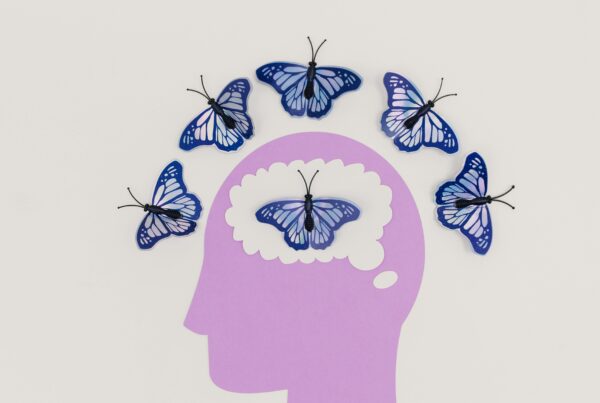Anger, particularly when it is intense or chronic, can contribute to various health problems, including the risk of a brain hemorrhage. A brain hemorrhage refers to bleeding in or around the brain, which can be life-threatening. While anger itself doesn’t directly cause a hemorrhage, the physiological and psychological effects of anger can increase the likelihood of a brain hemorrhage in certain situations. Here’s how anger may contribute to this severe health issue:
1. Increased Blood Pressure:
- When a person experiences anger, their body responds by releasing stress hormones like adrenaline (epinephrine) and cortisol. These hormones trigger the “fight or flight” response, which increases heart rate and blood pressure. Elevated blood pressure (also called hypertension) puts excessive strain on the blood vessels, including the fragile blood vessels in the brain.
- Chronic high blood pressure can weaken the walls of blood vessels, increasing the risk of a blood vessel rupturing (leading to a hemorrhage). This is especially a concern in individuals with pre-existing hypertension or those who experience frequent episodes of anger.
2. Stress Hormones and Blood Vessel Constriction:
- During moments of anger, the body releases catecholamines (like adrenaline), which cause blood vessels to constrict, making the heart pump harder and increasing the pressure inside the arteries. This can cause the blood vessels in the brain to become stressed and even rupture, resulting in a brain hemorrhage.
- The rapid constriction and dilation of blood vessels during anger episodes may also increase the chance of aneurysms (weakened areas of blood vessels) rupturing, leading to bleeding in the brain.
3. Strain on the Heart and Circulatory System:
- Intense anger can lead to a temporary spike in heart rate and blood pressure, which increases the workload on the heart and the circulatory system. The heart pumps blood with greater force, and the higher blood pressure can damage the delicate blood vessels in the brain.
- Over time, repeated spikes in blood pressure from anger can contribute to atherosclerosis (hardening or narrowing of the arteries), which increases the risk of hemorrhagic stroke or brain aneurysm rupture.
4. Cerebral Aneurysms:
- Anger-induced spikes in blood pressure can increase the likelihood of rupture in cerebral aneurysms, which are abnormal bulges or weak areas in blood vessels in the brain. When an aneurysm bursts, it causes a brain hemorrhage, which can lead to a stroke or other severe neurological damage.
- People with pre-existing aneurysms or those genetically predisposed to them are more susceptible to such damage.
5. Emotional Stress and Inflammation:
- Chronic anger or frequent emotional stress can lead to inflammation in the body. Inflammation can affect the blood vessels in the brain, making them more vulnerable to damage.
- Long-term exposure to emotional stress and anger can also contribute to the development of conditions that increase the likelihood of a brain hemorrhage, such as stroke, hypertension, and vascular malformations.
6. Risk Factors for Brain Hemorrhage:
- Pre-existing conditions like high blood pressure, arteriosclerosis (hardening of the arteries), or brain aneurysms can make the brain more vulnerable to a hemorrhage.
- Individuals who engage in intense, frequent anger episodes or have chronic anger issues may unknowingly be raising their blood pressure and putting stress on their vascular system, which increases the risk of an aneurysm or brain hemorrhage.
7. Chronic Anger and Heart Disease:
- Chronic anger is also linked to an increased risk of heart disease, which can further elevate the risk of a stroke or brain hemorrhage. Conditions like heart attack or heart failure increase the strain on blood vessels and can lead to complications such as blood clots or rupture of blood vessels in the brain.
Conclusion:
While anger alone doesn’t directly cause a brain hemorrhage, it can act as a significant trigger for the physiological changes that increase the likelihood of one. The spike in blood pressure, stress hormones, and potential vascular damage caused by intense or chronic anger can contribute to conditions like aneurysms or high blood pressure, which are major risk factors for brain hemorrhages. Managing anger and stress through relaxation techniques, exercise, and emotional regulation can help reduce the risk of such health complications and improve overall well-being.



